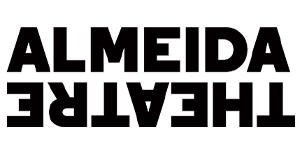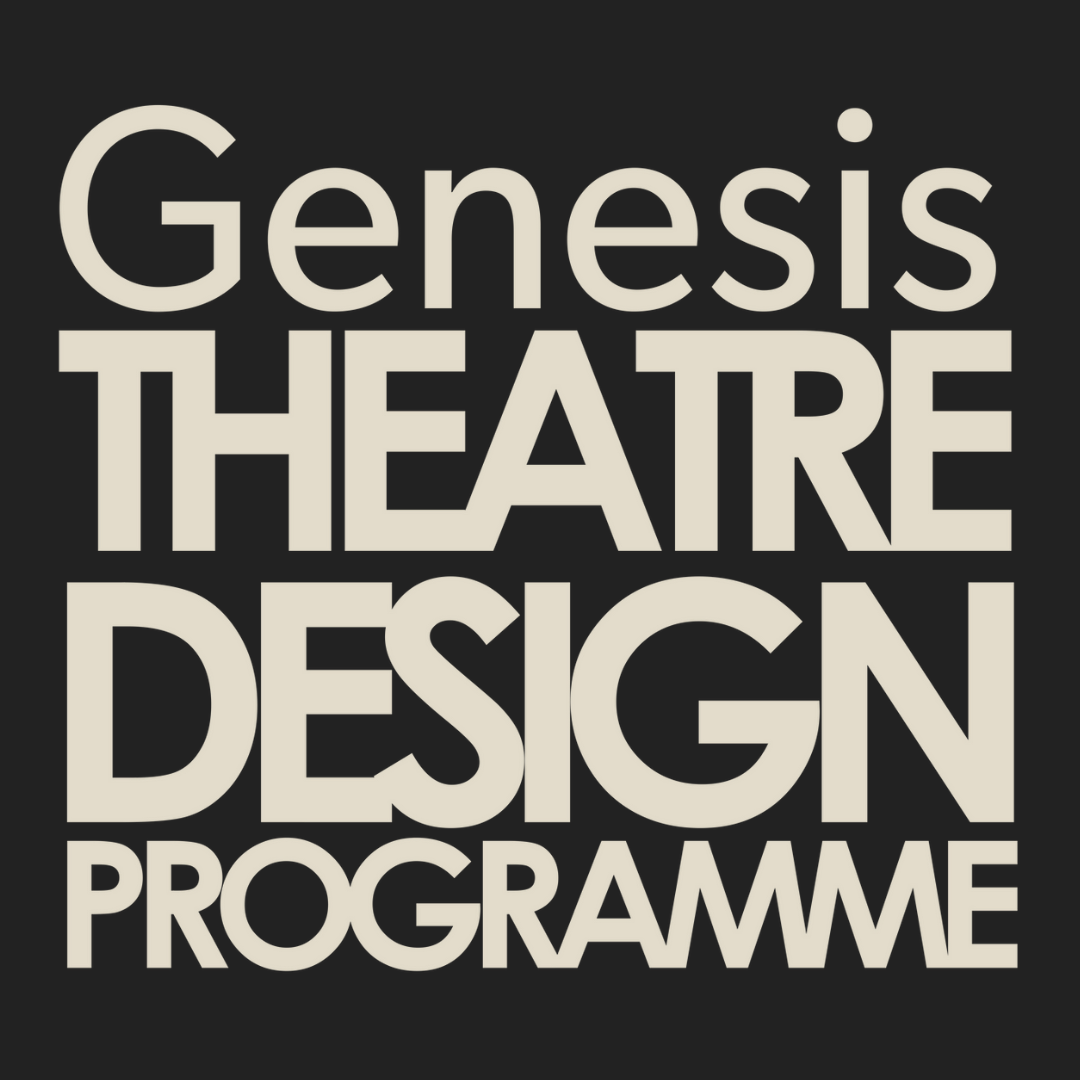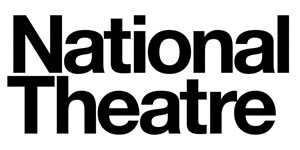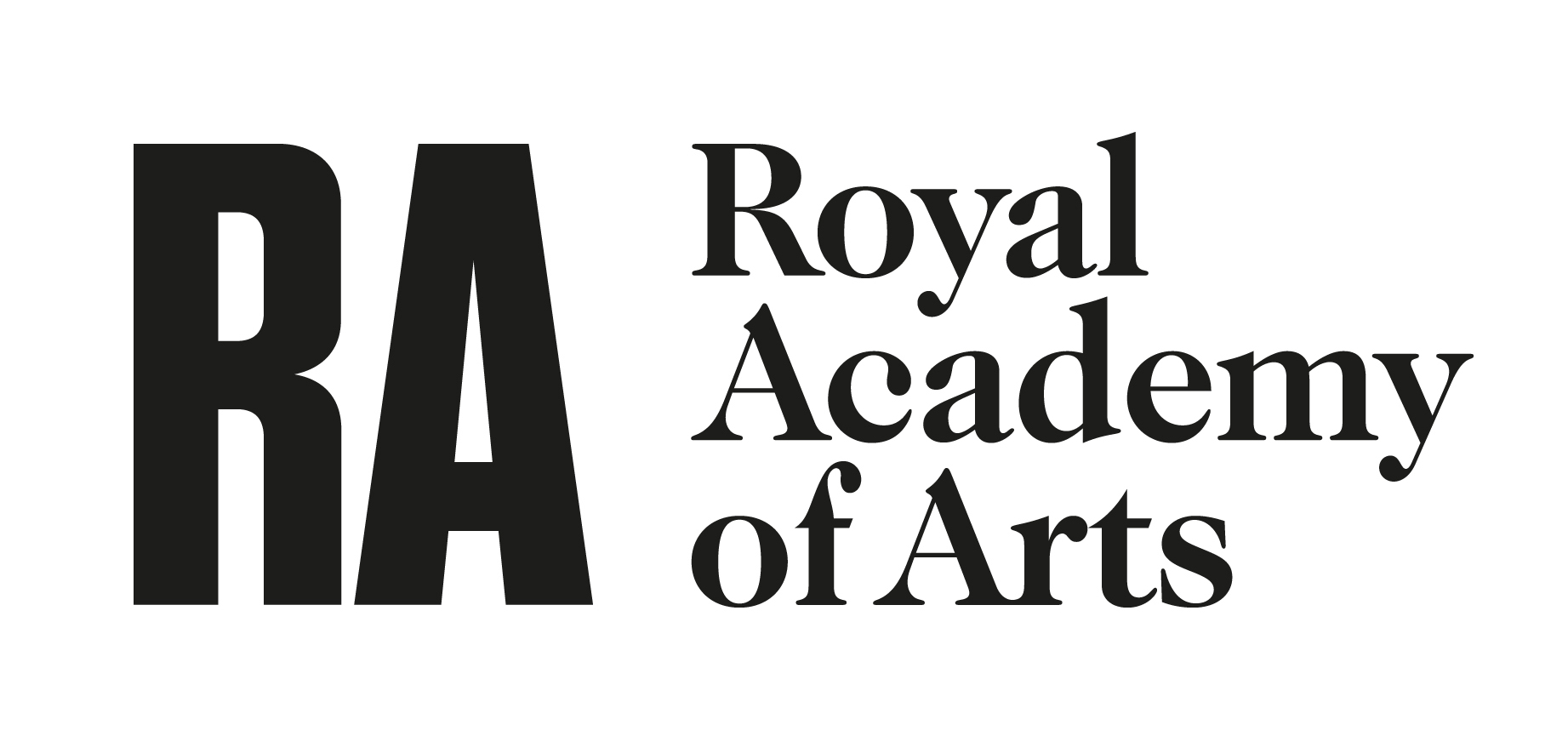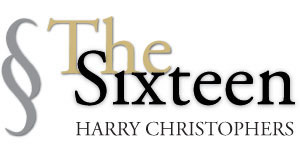Artists in Quarantine: Rufus Norris, Artistic Director, National Theatre
18 June 2020
Rufus Norris is Director of the National Theatre, and a former Genesis Director at the Young Vic.
Rufus’ productions for the National have included The Amen Corner, Everyman, wonder.land, The Threepenny Opera, London Road, Mosquitoes, and Small Island. Outside of the NT, he has directed Cabaret, Feast, Vernon God Little, Herge’s Adventures of Tintin, Afore Night Come, Festen, Doctor Dee and Don Giovanni. His film work includes Broken, as well as adaptions of the musical London Road and My Country; a work in progress.
He is developing a new musical with composer Jim Fortune as part of the Genesis Music Theatre Programme.
What’s your current confinement situation, who’s on your quaranteam?
I’m at home in south London, with my partner and my two boys.
Are you able to work, are you inspired by what we are going through or do you find it challenging?
I’m working pretty flat out. I do find it quite challenging. I actively chose a long time ago to go into a business that is all about human communication and the creativity that happens between people, and adapting that to the virtual world, for a luddite like me, has been a bit of a leap.
Do you have a routine to stay creative?
I don’t have a routine but I have some active creative release valves.
I am drawing almost constantly throughout the day. I’m working entirely in freehand in blank-page drawing books so there are reams of notes that I check back over at the end of the evening, and each page is covered with cartoons or doodles. If I look back over recent notes, there’s a very aggressive but artfully patterned eel, some ants, a couple creatively managing their love affair through social distancing, and terrible portraits of a bunch of European theatre leaders I was on a Zoom call with.
A really great release valve is sitting outside and doing some work on the lyrics for the musical that Jim and I are developing through the Genesis Music Theatre Programme.
Do you think what you’re going through will impact your practice long term?
Yes, I definitely do, although I can’t say how that will be. I think there’s something about this period which is focusing the whole of society down to essentials. People need to eat, people need to be able to breathe. Nurses and careworkers and bus drivers need to be protected. We’re being retrained in what is essential, which is very common in times of crisis.
For us, it’s asking what’s really essential about the nature of theatre. A couple of months ago we would have said the live nature of what we do is essential. So does that mean we’re obsolete if it’s not live? Of course it doesn’t – it means that we need to celebrate the use of the imagination. We ask audiences to take a leap, which is something that film and television generally don’t do. How that will impact in the long term, I don’t know.
We’re also doing a lot more communication across the sector. We’re told constantly that we’re in competition with each other, we’re judged very publicly and very harshly, and that can make us all insecure and brittle. Those things are being shed at the moment as we look at our value to society and how we’re going to survive as an industry. I’m hopeful this will make us less tolerant of the more insignificant and negative facets of our industry when we emerge from this.
Is there any advice you would like to share to fellow artists, audiences or organisations on how to find resilience?
What’s been useful for me has been to try and find the ground underneath my feet, which means looking at the worst. Artists are creative and adaptable, and we’re people who make things. So, mental, creative and practical health is only going to come when we start making things. Looking at the worst case scenario and planning for that, in a creative way by using all our skills of adaptation: that, for me, is a route to health – or at least survival.
One thing that we’ve all done is told hundreds of stories. Story consists of someone meeting an obstacle and finding a way around it, and good story is when those obstacles get bigger and bigger, and the routes around them get more and more imaginative.
I did a show called Feast in 2012, which is about how the Yoruban cosmological belief system survived. There was a song in the show which roughly translates as ‘I lay my head down at the foot of chance’ – I accept the adversity of this situation and I’m going to respond to it, rather than protesting it or trying to imagine the problem isn’t there. We’re in that moment now.
What are your hopes for the future?
That the people I love and know don’t get ill. That we preserve as much of the National as we can. And that we are given the opportunity to be a really key part of rebuilding this society.

